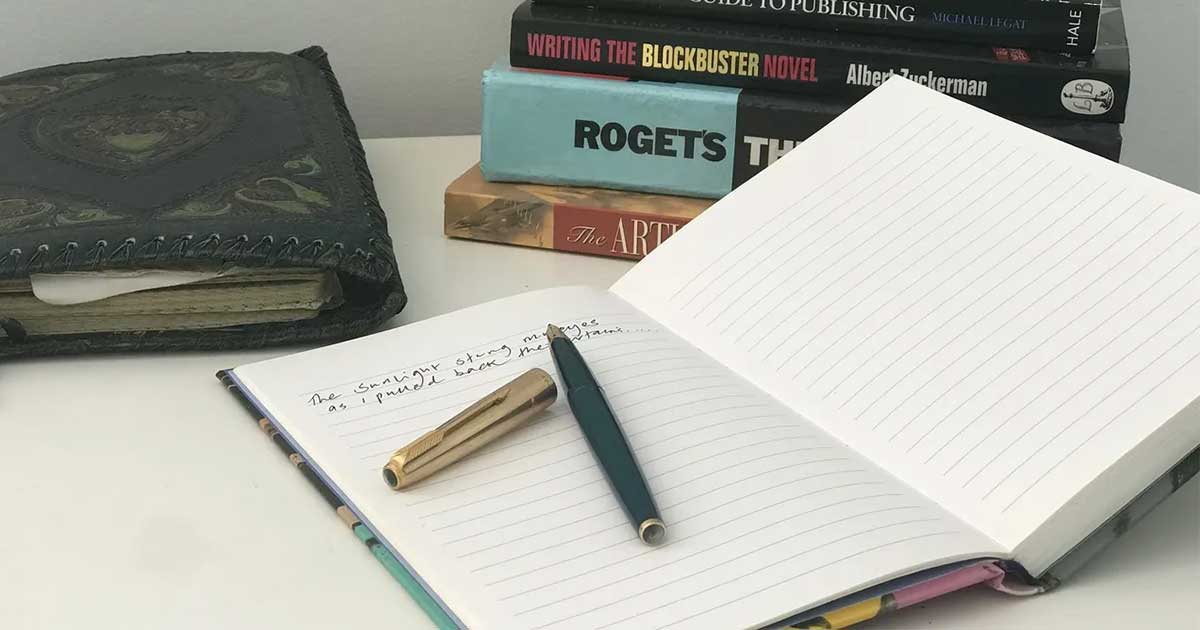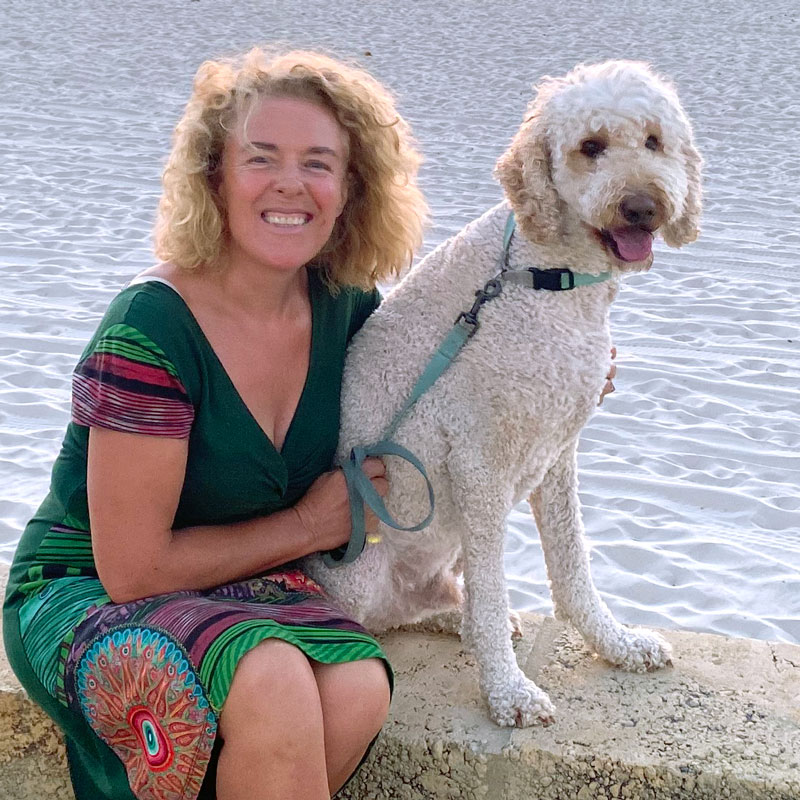Welcome to my latest ramble through the ups and downs of a sober life. I’m going to keep it short and to the point today. My book is open, the pages have come undone and are being scattered about in a bit of gale. The weather is very wintry here in Perth, lots of grey skies, rain and howling winds which is kind of how my mind is too. It would be easy to blame the current conditions for my lacklustre mood right now, but I won’t.
Suffice to say that the recent adrenaline kick from my major media exploits hit me hard when it wore off. How could I have been so misguided not to have anticipated the low, after going so high!
On reflection, I know that there is a price to be paid for taking risks, for stepping outside of my comfort zone and doing things that are out of the ordinary. If nothing else, it teaches me about myself and forces me to be curious about what drives me. This requires a certain honesty which can be a bit painful.
But hey, I am really grateful to those of you who have reached out to me these past weeks after either reading my article in the The Irish Times or hearing my interview on RTE radio, if you missed that you can listen to it here.
It makes my work worthwhile because it demonstrates that my openness reaches people’s hearts and inspires them to listen to the deeper self and to find the courage to make the changes necessary to live a more meaningful life.
Today I want to encourage people to use the art and skill of writing to help you to create your own positive vision of which direction you wish your life to go in. Last week’s blog was all about taking back your power. This week, I’d like to give you a tool to help you do this.
It’s a very human thing to lose sight of who we are and what our dreams are. The river of life happens to us, and we get carried along on its fast-moving current. Every now and again, we will come by a log or a rock sticking up out of the water and it’s ours to cling to if we are not happy with the direction we are going in. Sometimes it’s easier to just let the current take us rather than make the effort to go against it by reaching out to a support. The big disadvantage of letting the current take us is that we never get the opportunity to learn about who we really are and what we are capable of.
So, no matter where you’re at, what age you are or how serious your challenges are, there is much to be learnt from writing down your vision and goals.
Step by step
Step 1 – Buy yourself a nice journal – one that will feel special to you (it will be, because it’s about you and your life) and a pen that suits your handwriting style.
Step 2 – Create a time and space for you (this could be away from your normal environment, in a quiet corner of a coffeeshop, or in the sanctuary of your bedroom – where you can be, undisturbed for at least 30 minutes).
Step 3 – Write down your intentions e.g.: I intend to write my reflections on where I’m currently at and make some decisions about what else I want from my life.
Step 4 – Answer the following questions:
- What do I most want from my life that is achievable but that I currently don’t have?
- What would I have to do to make this happen? What changes would I have to make?
- Am I willing to put the work in?
- What are the goals I need to set to get this done?
- How will I ensure that I am taking good care of myself, that I am not falling into the trap of adapting unhealthy coping mechanisms when things get hard?
- What support systems can I put in place? Friends, family, counselling, etc.
- What will my life look like when I have achieved my goals?
- How will I feel?
Step 5 – Answer the following questions:
- How do I not want my life to pan out?
- If I do not make the changes that I know I need to make, what will my life look like in a few years from now?
- Will I be happy about that? Will I feel good about myself?
Step 6 – Regularly check in with yourself by writing updates in the journal, tracking goals, noting whatever feelings are coming up, venting, finding compassion in your heart for your struggle and those of others and reminding yourself that you are a work-in-progress.
The bottom line is this: when we know where we don’t want to end up, we have the chance to dig deep and find the motivation to do the work and move forward in the direction we want to go in before it is too late.
I like the idea of seeing with open eyes what life could be like if we don’t address where we are falling down and choose to stay there instead. And then exploring with an open curiosity what life could be like if we reach over and grab on to that rock that is sticking out of the water, climb onto it and take a moment to consider where to from here. By writing down where you definitely do not want to be in a few years’ time, it’s as though the worry of that propels you forward instead of the worry of change holding you back. Which is worse? Only you can decide.

